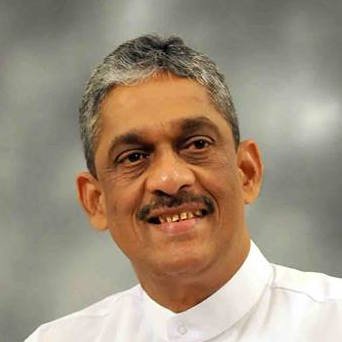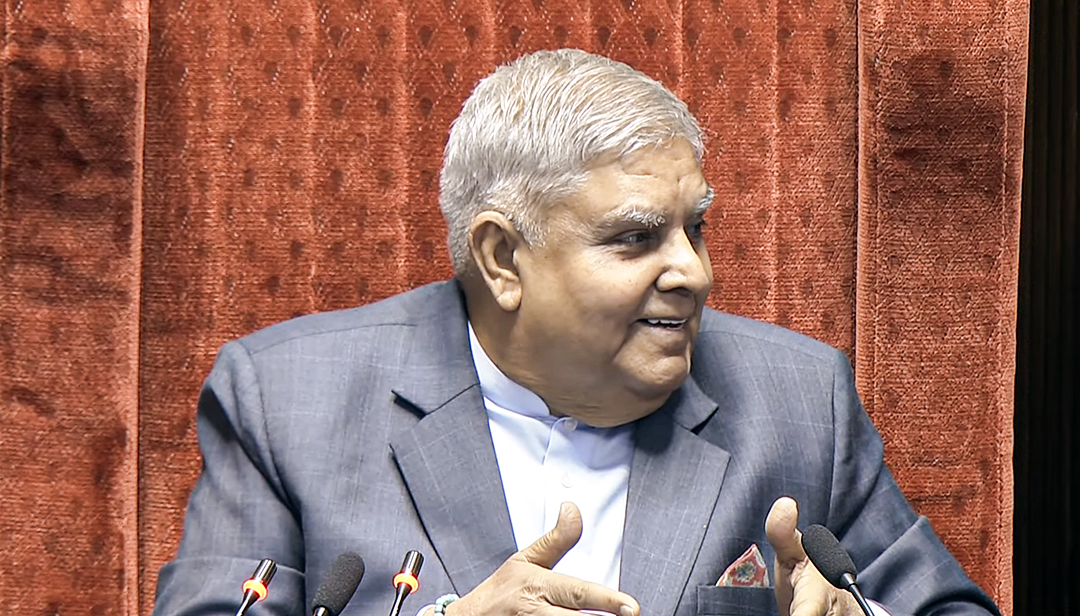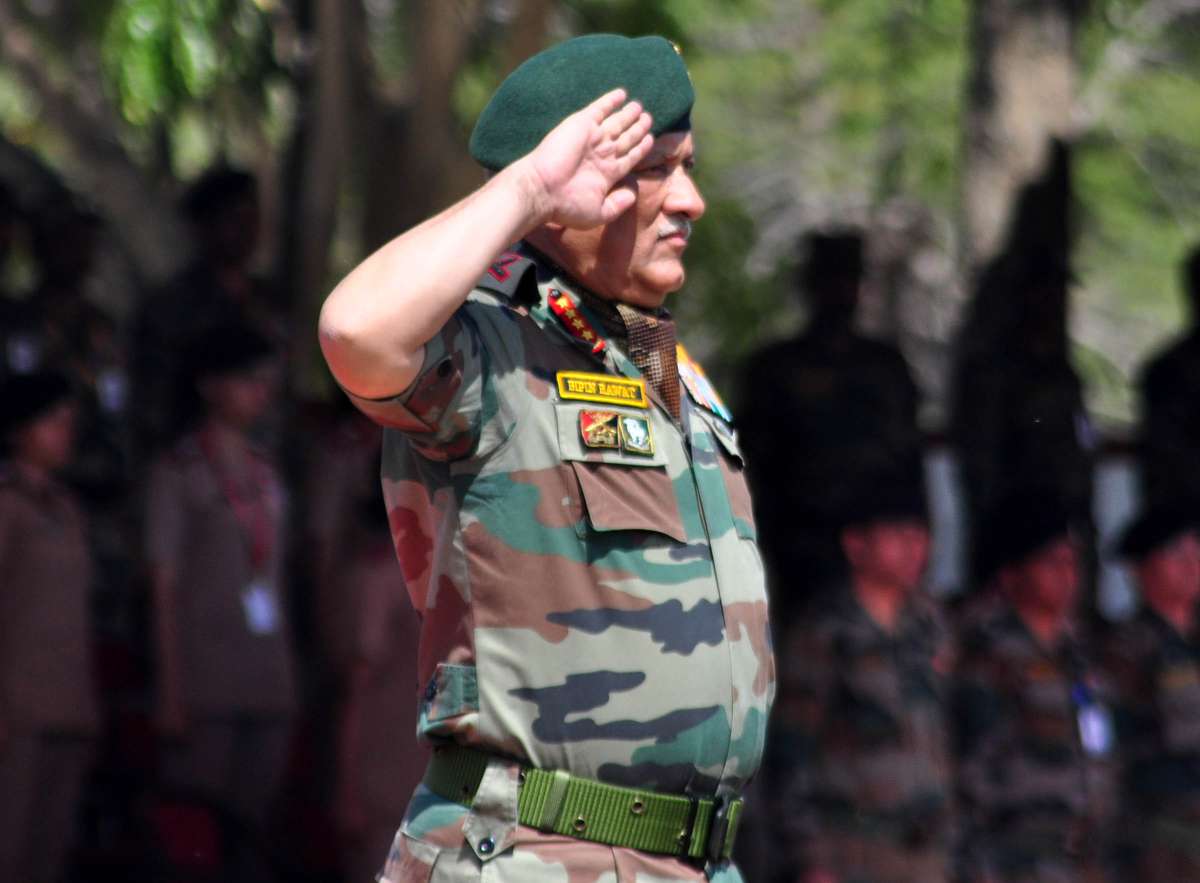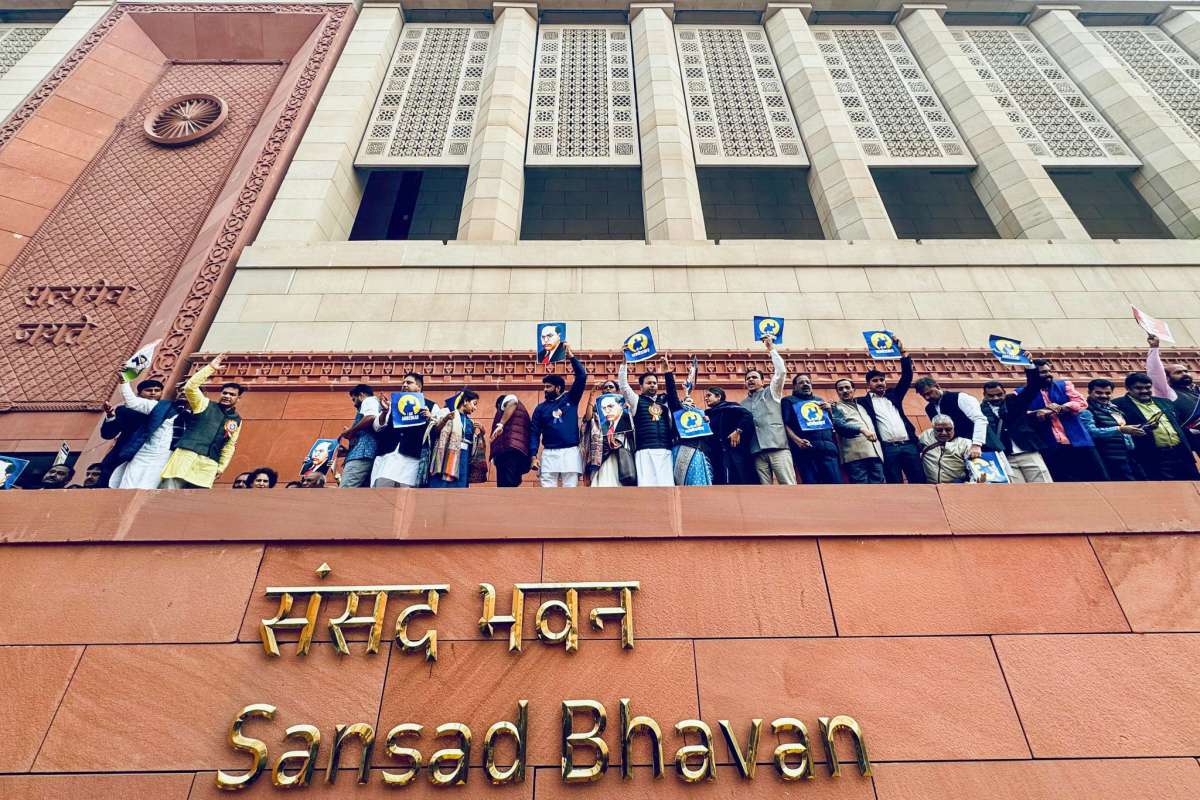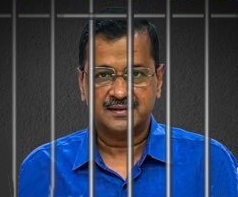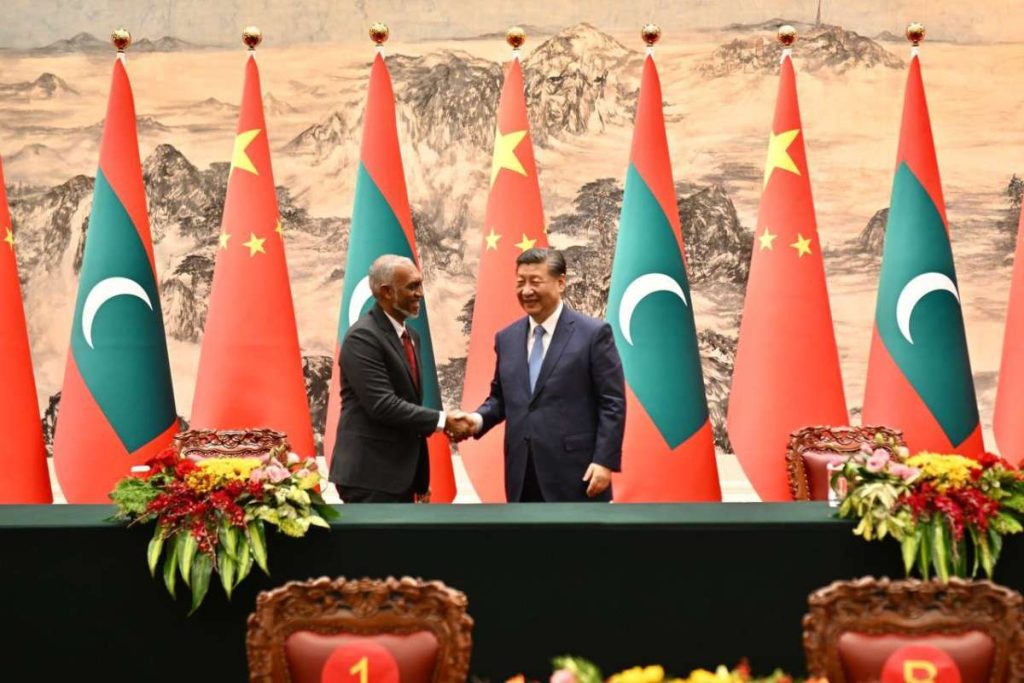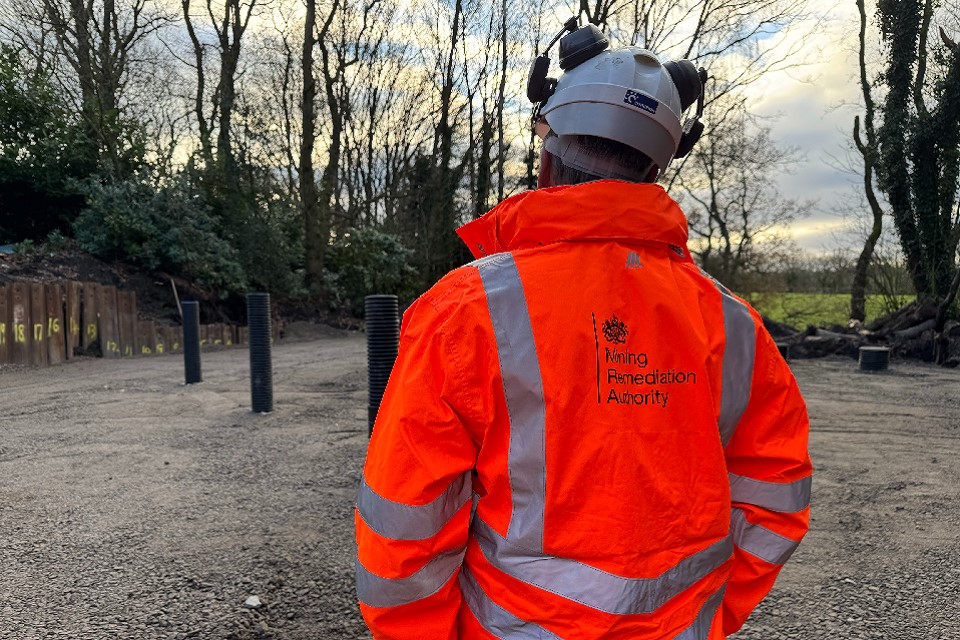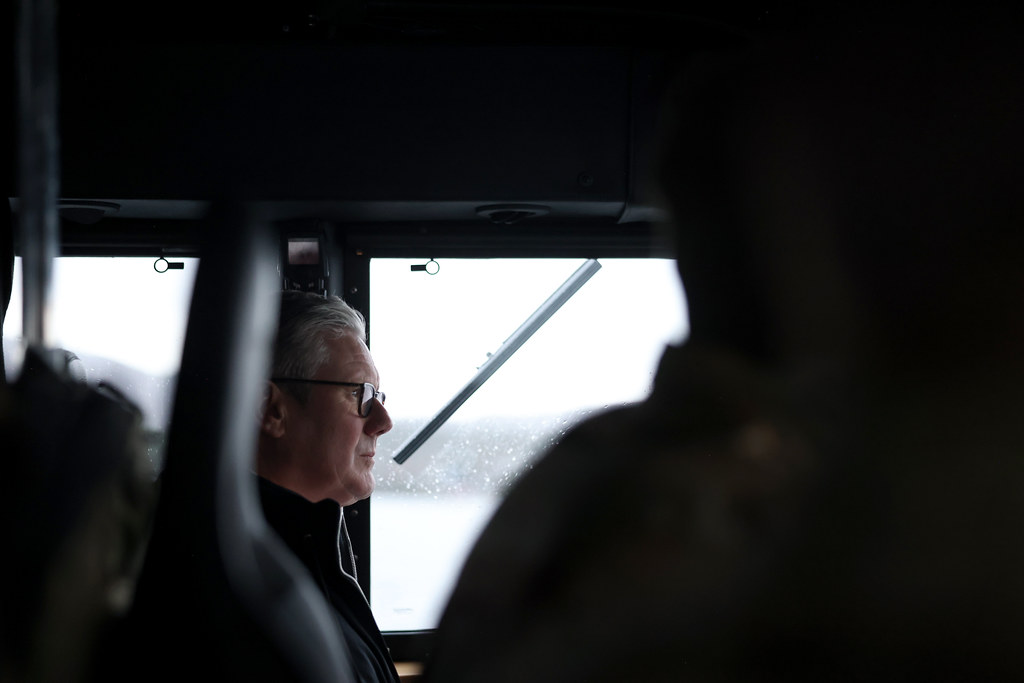The former Army Chief described the presence of Chinese surveillance ships as “unwarranted” and assured that if held responsible, he would ensure such incidents do not recur….reports Asian Lite News
Former Sri Lankan Army Chief, Field Marshal Sarath Fonseka, has expressed concerns over the presence of Chinese surveillance ships in the Indian Ocean region, particularly in Sri Lankan territorial waters. He also acknowledged the concerns raised by India and the US, emphasizing the importance of prioritizing the security sentiments of neighbouring countries, especially India.
Fonseka stated that he does not approve of any military presence within Sri Lanka’s territorial waters or territory and recognized the close relationship between Sri Lanka and India, stressing the need to understand and address Indian security concerns in the region.
“There was a bit of hue and cry a couple of months back about the Chinese surveillance ship coming to the territorial waters of Sri Lanka. India didn’t like it. The USA expressed their concerns also,” Fonseka told ANI on Tuesday.
“I don’t approve the presence of any military personnel within the territorial waters or the territory of our country…We have to give priority to the security sentiments of India. Being a neighbour, we have a close relationship with India. We must understand the issues relevant to Indian security in the region,” he added.
The former Army Chief described the presence of Chinese surveillance ships as “unwarranted” and assured that if held responsible, he would ensure such incidents do not recur.
“It was a highly unwarranted incident. If I am held responsible at some stage, I will ensure that type of thing doesn’t take place. Nothing will happen to upset the concerns of our neighbours in the region, especially India being the regional power,” he said.
Fonseka also spoke on his announcement for presidential candidacy in the Sri Lanka election, which is going to be held in September. He shared his experience in ending terrorism in Sri Lanka as a motivation for entering politics. He criticized the government’s handling of the war effort, citing administrative issues, lack of facilities for soldiers, and corruption.
“I came into politics soon after the army, which was commanded by me, ended terrorism in Sri Lanka…We were facing a lot of difficulties towards the latter stage of the war, administrative issues, and no facilities for soldiers,” he said.
“The government was not interested in looking after those aspects…There was corruption building up in the government circles. The politicians knew how to look into the issues of the civilians and establish permanent peace in the country, but they were not interested in it,” he added.
Fonseka pledged to address corruption and nepotism, ensure development and emphasized his intention to guide the people and highlight the country’s weak areas, stating that he sees no other leader with a similar vision.
“I will ensure that the people are not being taken on a ride and the government will not continue to cheat and betray the people…The politics in the country as a whole is very corrupt and not in the interests of the country,” he said.
“The politicians have no vision…We have to change the political nature of the country and ensure that we bring development, and stop corruption and nepotism…I don’t see any other leader who has a vision to do all that. I will come to the forefront to tell the people about the weak areas and try to guide them,” he added.
Earlier, a Chinese ship was permitted to dock for replenishment at the port of Colombo, the Indian Ocean island’s main port, from October 25 until October 28 last year, according to Foreign Ministry spokesman Kapila Fonseka. The vessel had been expected to conduct research with Sri Lankan state institutions, but Fonseka said permission was granted only for replenishment and no research work would be carried out.
Similarly, in January this year, Sri Lanka declared a yearlong moratorium on foreign research ships entering its waters amid India’s concerns over Chinese vessels docking in the region. (ANI)
ALSO READ: India releases new Haj policy, adjusts quota
